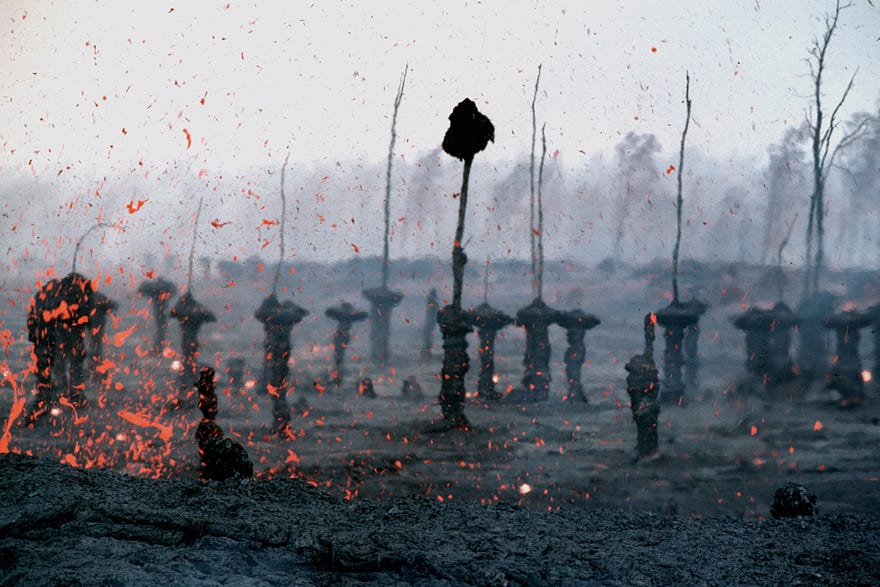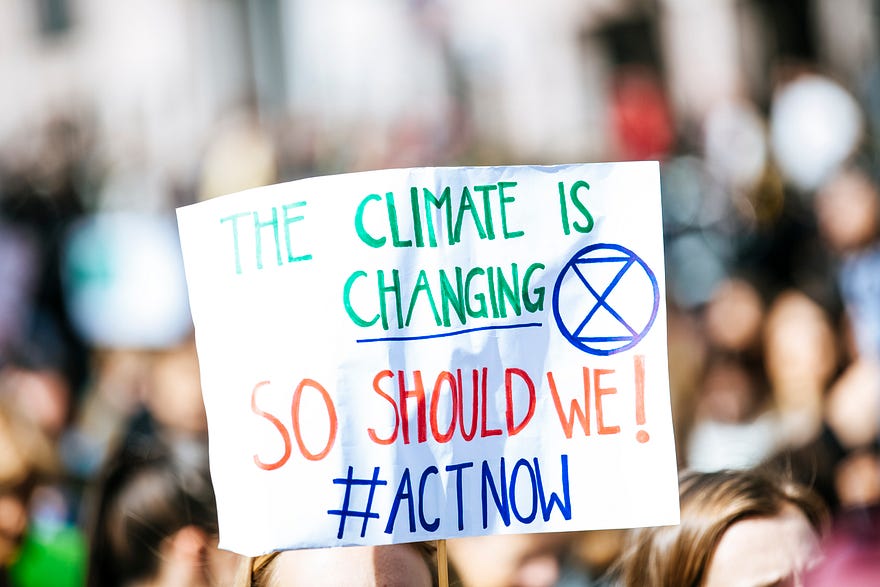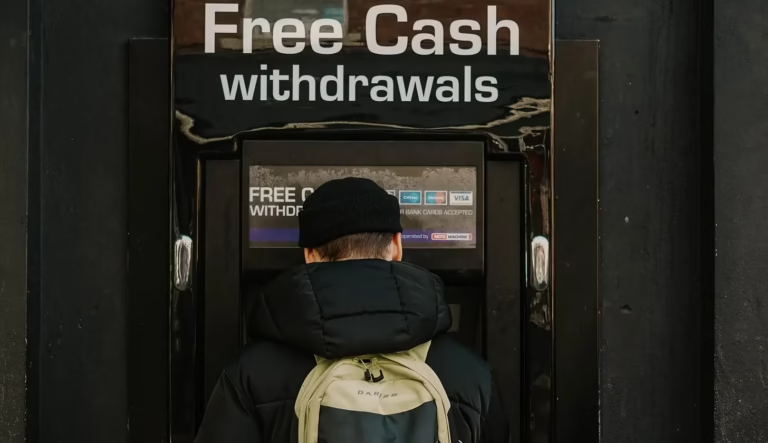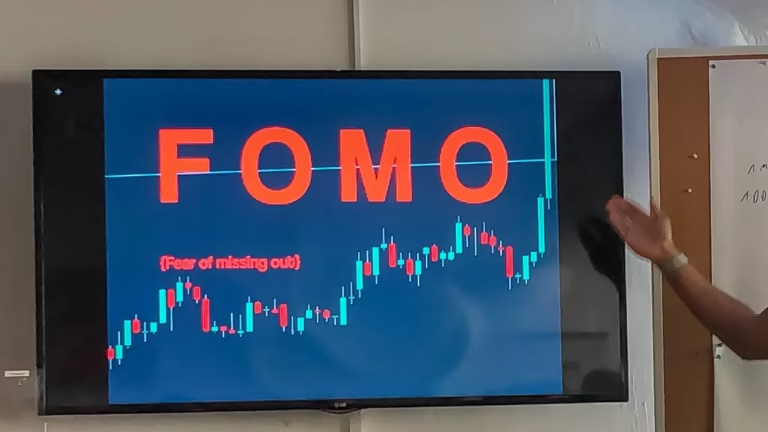Correcting the view on home insurance
Tom Nissley described and summarized the content like this:
”What Friedman means by “flat” is “connected”: the lowering of trade and political barriers and the exponential technical advances of the digital revolution have made it possible to do business, or almost anything else, instantaneously with billions of other people across the planet. Globalization 3.0, as he calls it, is driven not by major corporations or giant trade organizations like the World Bank, but by individuals: desktop freelancers and innovative startups all over the world (but especially in India and China) who can compete — and win — not just for low-wage manufacturing and information labor but, increasingly, for the highest-end research and design work as well.”
In the last 15 years a lot of these things have come true or accelerated but what stuck with me the most from the book was the term “Global Weirding”.
Even that long ago Friedman already anticipated that we will not just get higher temperatures due to all this new economic activity, but a series of events that can only be called “weird”, either because they go way beyond any norms or occur in locations that were totally unanticipated.

One of the questions we have to ask ourselves as investors in value-based assets is: “What if anything should we do about it?”
Some people might even ask if we need to do anything about it or if the “weirding” has started yet — I suspect that latter part is less likely in question anymore.
So where are we now, actually?
The Guardian wrote on 16th Jul 2021:
“The intensity and scale of the floods in Germany this week have shocked climate scientists, who did not expect records to be broken this much, over such a wide area or this soon.
After the deadly heatwave in the Northern US and Canada, where temperatures rose above 49.6C (more than 121 Fahrenheit) two weeks ago, the deluge in central Europe has raised fears that human-caused climate disruption is making extreme weather even worse than predicted.
The seven hottest years in recorded history have occurred since 2014. Computer models predict this will cause more extreme weather, which means records will be broken with more frequency in more places.
The Americas have been the focus in recent weeks. The Canadian national daily heat record was exceeded by more than 5C two weeks ago, as were several local records in Oregon and Washington. Last weekend, the monitoring station at Death Valley in California registered 54.4C (almost 130 Fahrenheit), which could prove to be the highest reliably recorded temperature on Earth.”
Are you wondering if anybody is doing anything about all this?
The Guardian illuminated that question in an article on 4th Aug 2021, writing:
“It is easy to imagine that a real live existential threat to our way of life would prompt any society to assume war footing and marshal everything it has to fight for survival. Unfortunately, this response only takes hold in actual war situations, where the threat is “other people that we can shoot and kill in glorious fashion”. When the threat comes not from enemy people, but from our own nature, we find it much harder to rise to the occasion. Where is the glory in recognizing the folly of our own greed and profligacy? Leaders are not elected on such things.
The latest demonstration of this comes from the G20, that coalition that is as good a proxy as any for the combined will of the world’s richest countries. The latest G20 meeting wrapped up last week without firm commitments on phasing out coal power, or on what steps nations will promise to take to try to hold global warming to 1.5C.
The G20 is a perfect model of our collective failure to build institutions capable of coping with deep, long-term, existential problems that cannot be solved by building more weapons. On the one hand, the head of the United Nations says that there is no way for the world to meet its 1.5C warming goal without the leadership of the G20; on the other hand, a recent analysis found that G20 members have, in the past five years, paid $3.3tn in subsidies for fossil fuel production and consumption. The same group that claims to be bailing out humanity’s sinking ship with one hand is busily setting it aflame with the other hand.”

It seems we will have to assume that there will be more weirding in our future and we need to make sure that our assets are protected.
To make that happen, I like to advocate to review your insurance policies, especially the ones you have for all your residential investment properties.
As you may already know, we help people who live in expensive cities and regions around the country to apply the “Out-of-state-Turnkey-residential real estate investment strategy”. It allows you to grow a portfolio of assets that will retain its value in the coming times of higher inflation and create passive income for the owners in the long run.
As you keep adding property after property to your portfolio, as I do myself, your lenders require you to have insurance on each property.

What’s wrong in most cases is the deductible in these policies. We do not really want to protect ourselves from minor damage that we would need to repair.
That’s what reserves are for.
What we do need to protect against are the effects of global weirding, fires, floods, Derechos (yes, I had one of those come very close to a few of my properties last year), and other destructive forces.
That’s why you want to go and change your insurance policy to the highest possible deductible (I use $5000) and pay most of your attention to the value that is actually insured. That should be as high or higher than the current value of your house to make sure you can rebuild in case it gets affected by one of these not so rare ”extreme events”.
The side effect is that your premium is probably lower than having a policy that just barely covered the replacement costs and has a really low deductible.
We can’t predict or avoid weather weirding but we can protect ourselves from losses by adjusting our insurance policies. When was the last time that you checked your policy?
If it’s been more than a year, you should take a close look and make any necessary adjustments before the next weird storm, fire, flash flood, etc. comes to your investments.
For more advice to prepare you for your own real estate investment future Download your free mindset manual




